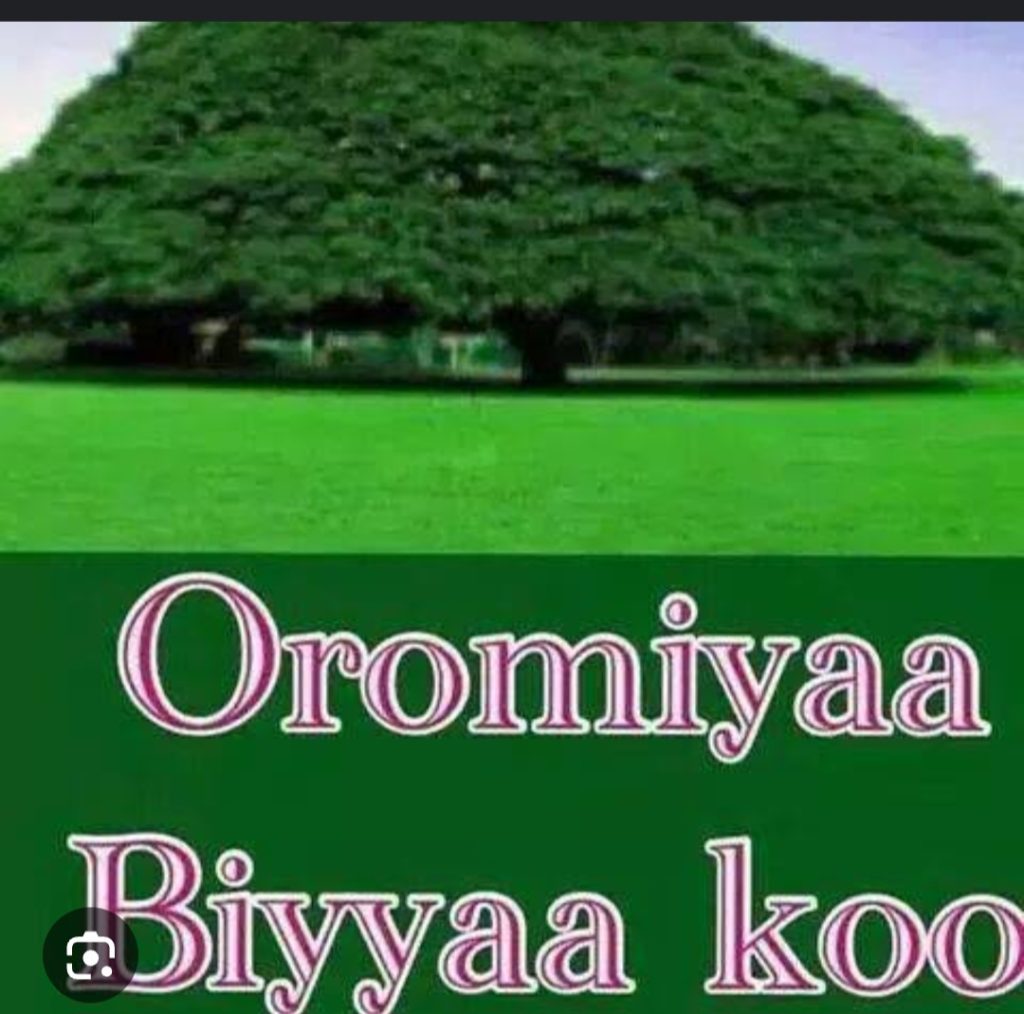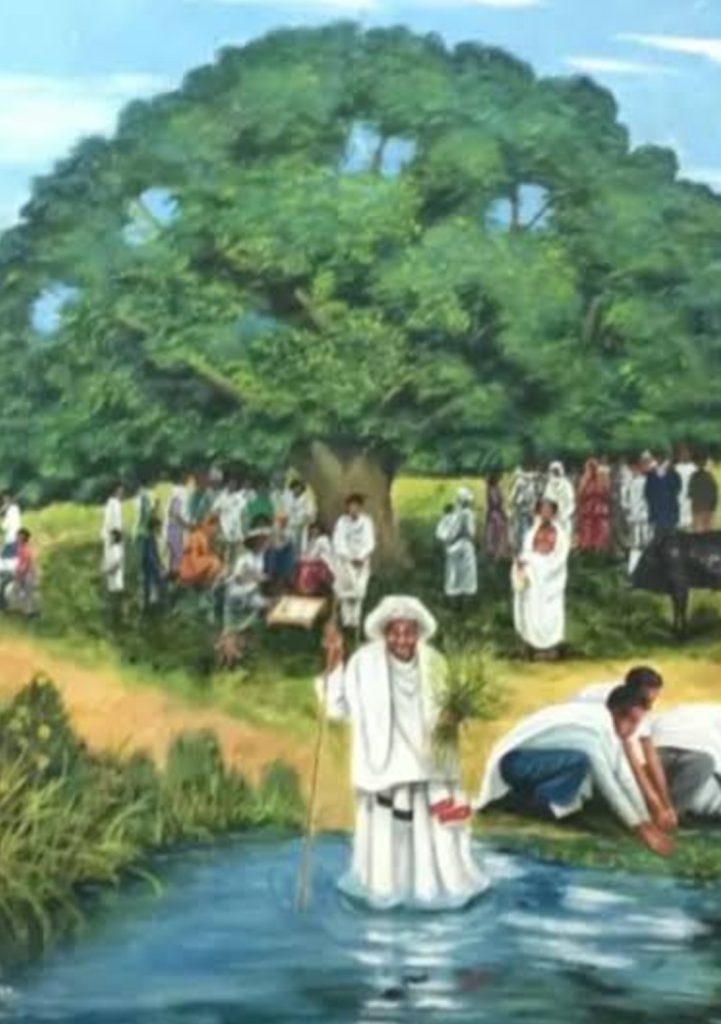
Gadda Kerchir Oromo: Unveiling the Ancient Governance System of the Oromo People
Gadda Kerchir Oromo: Unveiling The Oromo people, Ethiopia’s largest ethnic group, have preserved a unique democratic system for centuries: Gadda Kerchir Oromo. Rooted in egalitarian principles, this system emphasizes collective decision-making, environmental stewardship, and social justice. In this blog, we explore its origins, structure, and enduring relevance—and why it deserves global recognition.

Historical Background of Gadda Kerchir
Gadda Kerchir (or Gadaa) is a millennia-old socio-political framework that guided Oromo governance, conflict resolution, and resource management. Recognized by UNESCO as an Intangible Cultural Heritage (UNESCO, 2016), it cycles leaders every eight years, ensuring power remains decentralized.
Key historical milestones:
- Origins: Traced to the Borana Oromo around 500 BCE.
- Structure: Five Gadaa classes rotate leadership, preventing autocracy.
- Rituals: Ceremonies like Buttaa (transition) mark leadership changes.
Core Principles of Gadda Kerchir
- Democracy: Leaders (Abba Gadaa) are elected by councils (Chaffee).
- Gender Roles: While historically male-led, women influence decisions through the Siiqqee system.
- Environmental Ethics: Laws protect natural resources, reflecting sustainable practices.
- Conflict Resolution: Mediation (Araara) prioritizes restitution over punishment.
Cultural Significance
Gadda Kerchir is more than governance—it’s a cultural identity. Festivals like Irreechaa (thanksgiving) and oral traditions (Oduu) transmit values across generations. Scholars like Asmarom Legesse highlight its role in maintaining social cohesion.
Modern Relevance & Challenges
Today, Gadda Kerchir inspires Ethiopia’s federalism and grassroots movements. However, urbanization and political shifts threaten its practice. Organizations like the Oromo Studies Association work to preserve it through education and advocacy.
Why It Matters Today:
- Guides climate resilience strategies.
- Offers models for inclusive governance.
- Strengthens Oromo cultural pride amid globalization.
Gadda vs. Modern Governance
Unlike Western systems, Gadda Kerchir:
- Bans hereditary rule.
- Prioritizes communal well-being over individualism.
- Embeds spirituality in law (e.g., Waaqeffannaa faith).
FAQs About Gadda Kerchir Oromo
Q: Is Gadda Kerchir still practiced?
A: Yes, especially in Borana and Guji regions.
Q: How does Gadda promote equality?
A: Through rotational leadership and women’s Siiqqee councils.
Q: What challenges does it face?
A: Land dispossession and fading intergenerational knowledge.
Conclusion
Gadda Kerchir Oromo is a testament to Africa’s rich democratic heritage. By studying and preserving it, we unlock lessons in sustainability, equity, and resilience. Share this post to amplify its legacy
https://roobsan.com/hp-elitebook-850-g1/https://yomiimarketing.com/2025/03/15/overcoming-logistics-challenges-in-african-e-commerce
